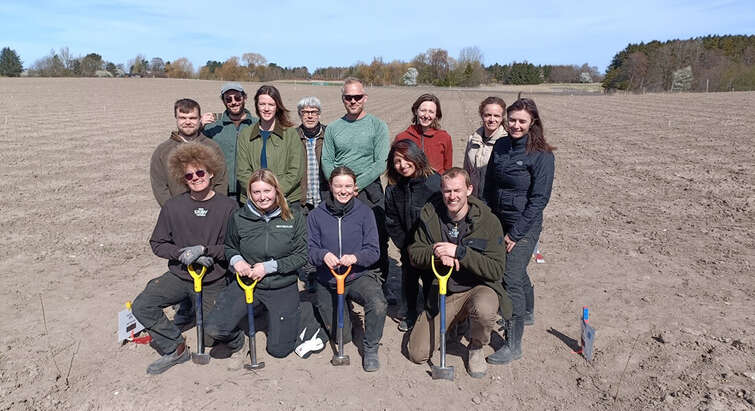
News about Ecosystems
Viser 1 til 24 af 38 dokumenter.


New Article in 'Dansk Kemi'
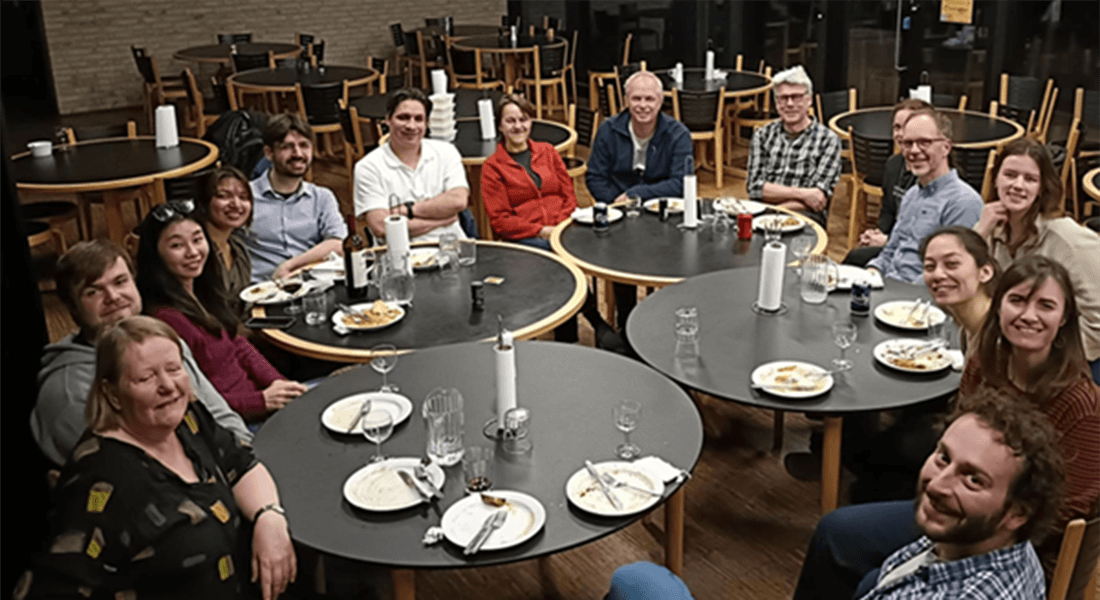
Silva Nova Annual Meeting in Denmark

Silva Nova Thematic Seminar
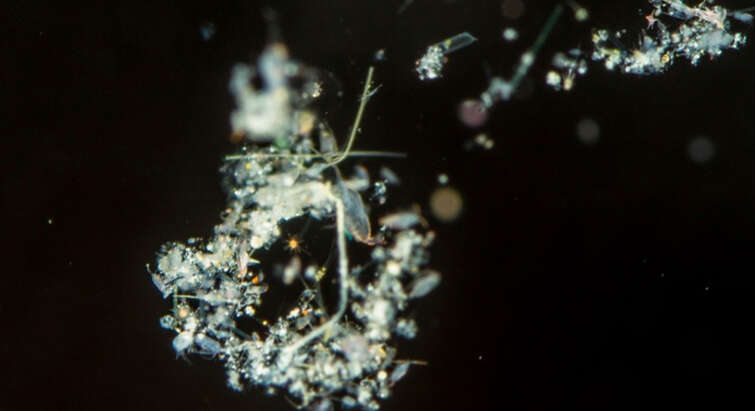
Nitrogen fixation on marine particles is important in the global ocean
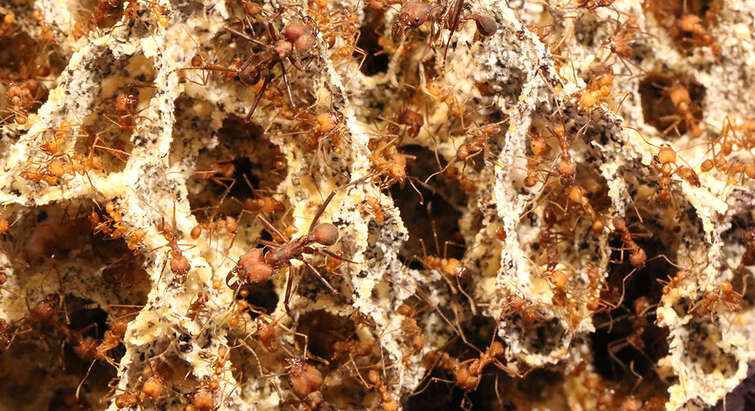
Leafcutter Ants Domesticated Their Fungal Crops Millions of Years Before Humans - New Genomic Discoveries Reveal How

Strain-link: Linking strain-level functional inference and development in the early life microbiome with later disease
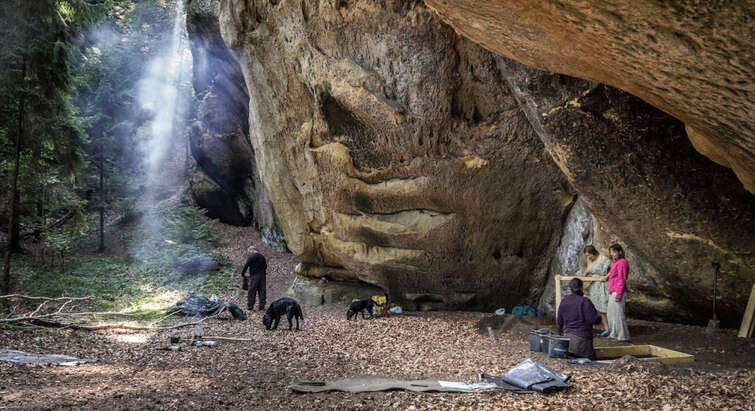
New DNA Evidence Reveals How Early European Farmers Shaped Forest Ecosystems
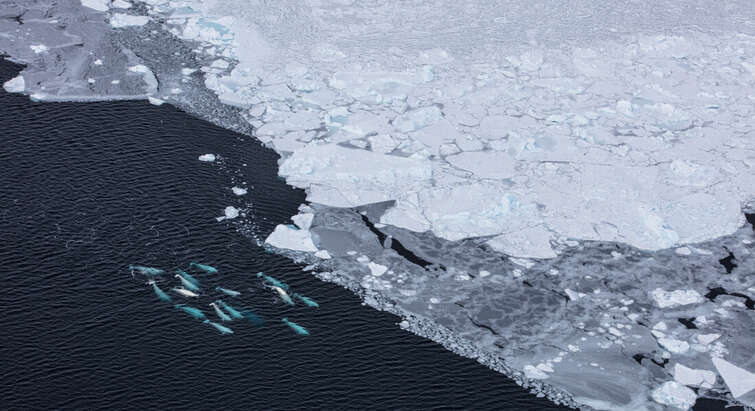
Impact of 700 years of Inuvialuit subsistence hunting on beluga whales
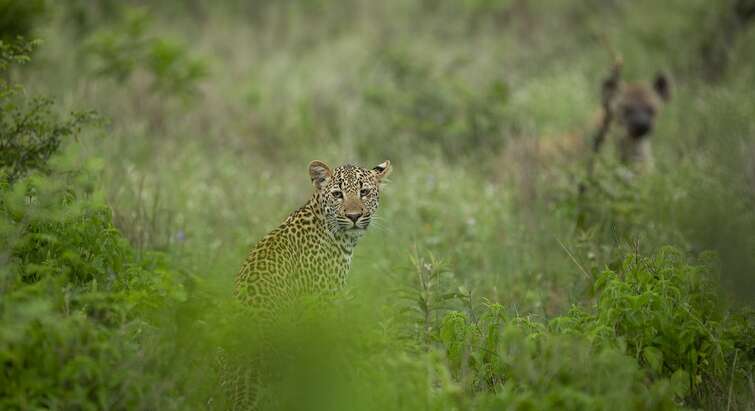
Spotted apex predator being pressured by spotted pack hunters – and it's our fault
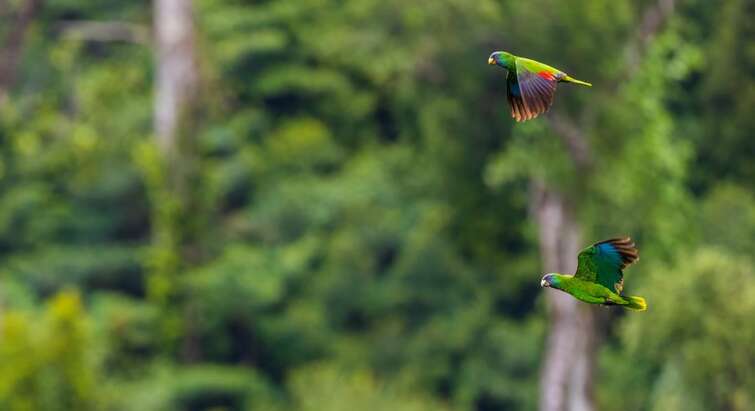
Natural hazards threaten over three thousand species
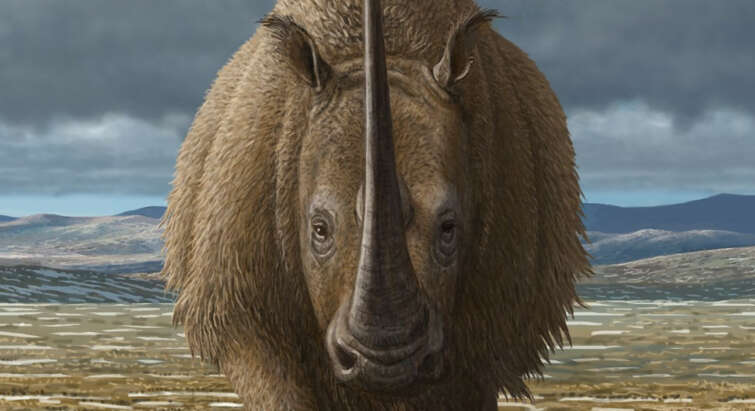
Human activity contributed to woolly rhinoceros’ extinction
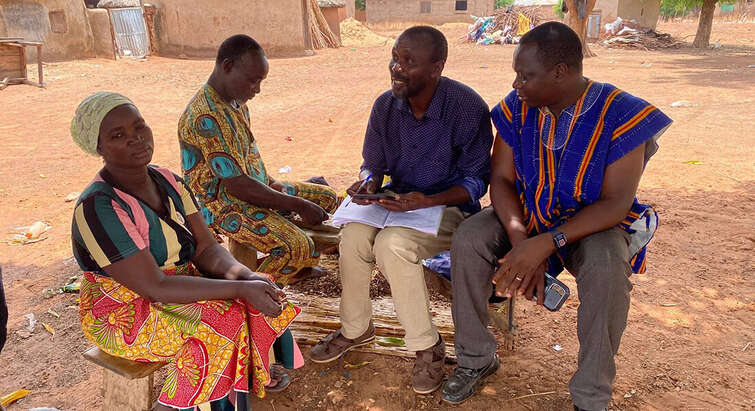
Large household survey conducted in the four small towns
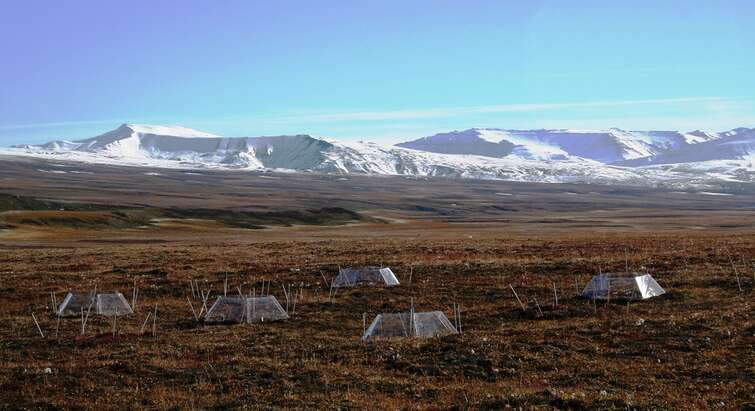
Increased CO2 emissions from world’s tundra surprise researchers
Iconic savanna mammals face genetic problems due to fences and roads
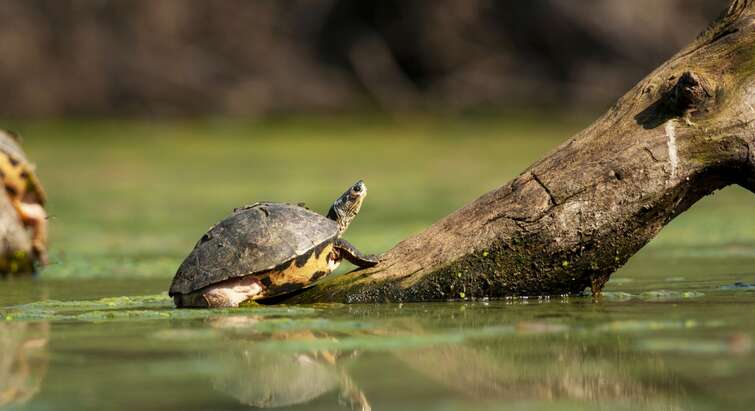
Economists: Ecosystems have higher monetary value than previously calculated

CPSC conference 2024
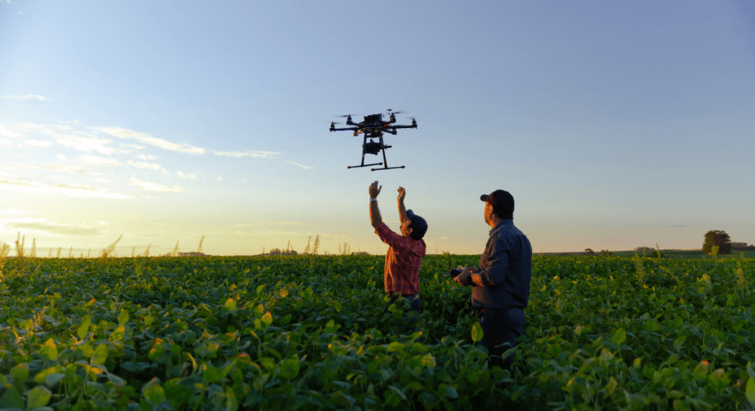
Robots, monitoring and healthy ecosystems could halve pesticide use without hurting productivity

Robots, monitoring and healthy ecosystems could halve pesticide use without hurting productivity
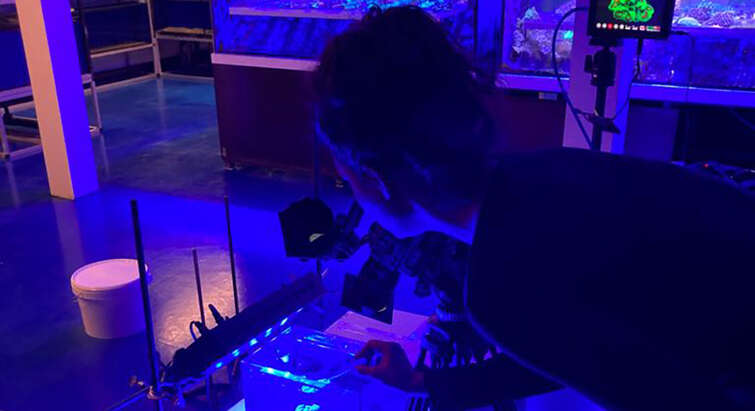
Shine On - You Crazy Coral
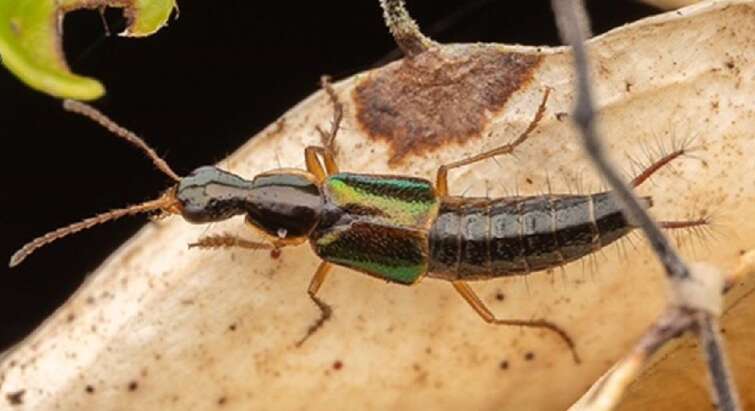
New beetle species has bottle-opener shaped genitalia: Now that calls for a Carlsberg!
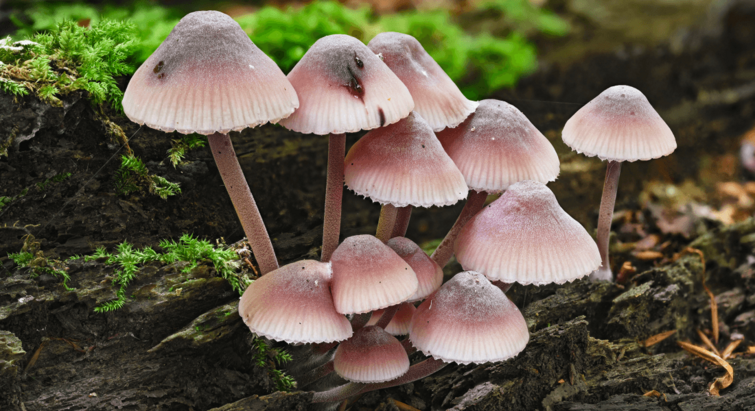
Fungal evolution discovered: Mycena can now invade living hosts

Fungal evolution discovered: Mycena can now invade living hosts

